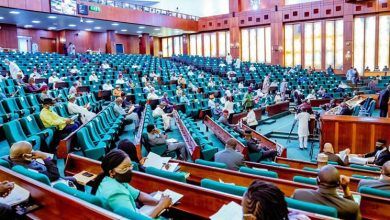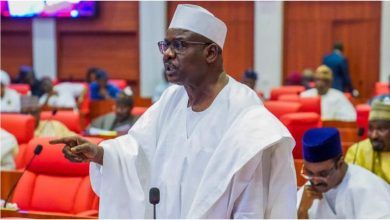
Vice President Kashim Shettima has announced that the Nigerian Government is set to integrate advanced technology into Nigeria’s education infrastructure to boost learning outcomes across the country.
Shettima made this statement during a meeting with the World Bank Nigeria team at the Presidential Villa in Abuja on Wednesday. He emphasized that this technological enhancement is designed to tackle existing human capacity and resource challenges within the education sector, ultimately improving educational results.
The Vice President assured that President Bola Tinubu is deeply committed to leveraging technological advancements to drive positive change in Nigeria. “Be rest assured that where there is a will, there is always a way. Change is a very painful percolation process. But I know we will get out of this very soon and be on the path of sustained growth,” Shettima stated.
Highlighting a successful model from India, Shettima pointed to the KYAN smart class solutions, which have been used to educate 50,000 pupils in rural and impoverished areas. He expressed confidence that similar innovations could significantly transform Nigeria’s education system. “I believe technology will help us upgrade our education system significantly,” he added.
Shettima also advocated for a holistic approach to education reform, which includes enhancing infrastructure, improving teacher training, and integrating technology. He stressed the importance of a comprehensive plan to address gaps in the education system urgently and called for the cooperation of all stakeholders, including state governors, to drive this transformation forward.
The World Bank’s Country Director for Nigeria Ndiame Diop outlined the bank’s initiatives to improve governance, health, and education across Nigeria.
Diop presented the bank’s HOPE series HOPE Governance, HOPE Primary Health Care, and HOPE Basic Education which are part of a broader strategy to reform these sectors with a strong emphasis on human capital development. He explained that these projects involve result-based financing at the sub-national levels to ensure effective implementation and results.





